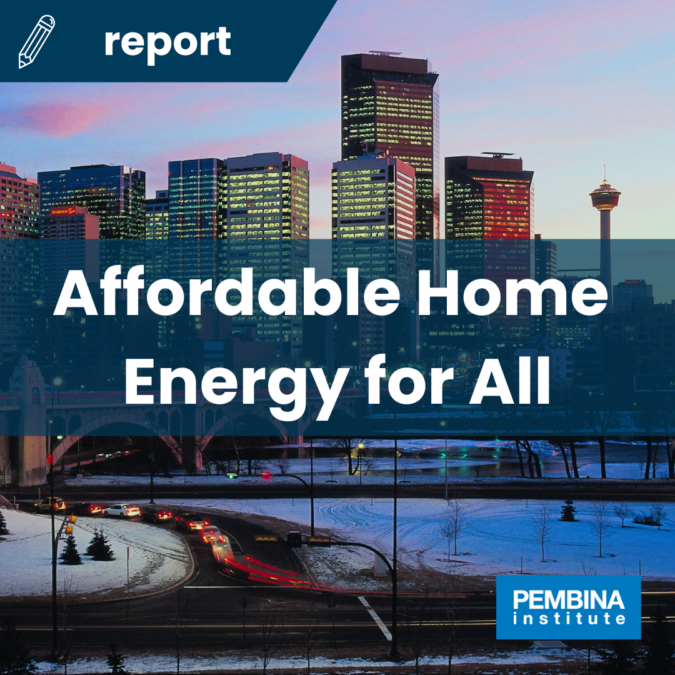Author/Contributor: Pembina Institute
Alberta Context: This report was written in Alberta, but concepts apply across Canada.
Summary:
This report was written in partnership with the Alberta Ecotrust Retrofit Accelerator program and highlights the critical role that deep retrofits play in reducing energy poverty and improving health, affordability, and resilience to support households across the province. This project was fully funded by Alberta Ecotrust’s Retrofit Accelerator, an initiative of the Alberta Ecotrust Foundation funded by Natural Resources Canada under the Deep Retrofit Accelerator Initiative. The program aims to reduce emissions from existing buildings in Alberta through sustainable building upgrades, known as deep retrofits, and support initiatives that enhance energy efficiency and reduce energy poverty across Alberta. Energy poverty, affecting 16% of Alberta households (over 230,000 homes), highlights the pressing need for affordable, energy-efficient housing solutions. By investing in retrofits, we can improve the health, resilience, and long-term housing affordability of low-income families.
As cost-of-living and affordability concerns continue to rise across Canada, there is a growing understanding of the impact of energy costs on households. Although this impact varies across provinces and territories, a significant portion of Canadians struggle to meet their energy needs and are experiencing energy poverty. Energy poverty describes the financial struggle or inability of households to heat and cool their homes and power their appliances. Up to 20% of Canadians are experiencing energy poverty, including 16% of Alberta households or more than 230,000 homes. These households often have lower income levels and poorer quality housing. – p. 5 (Affordable Home Energy for All)
This report highlights the importance of addressing energy poverty in Alberta by investing in affordable, energy-efficient solutions that improve health, resilience, and long-term affordability for low-income households. Investing $212 million per year in this housing stock segment could help grow the retrofit market, stimulate $850 million per year in GDP growth, and create 42,700 long-term jobs by 2050 in communities throughout Alberta. – https://www.pembina.org/pub/affordable-home-energy-all
Read the full report to learn about the tools to improve energy affordability, such as Retrofit funding programs (Canada Greener Homes Loan, CMHC’s Greener Affordable Housing Fund, CEIP, HAT, HERA), Utility bill relief programs (Home Upgrades Program), demand-side management programs, and retrofit accelerators (The Alberta Ecotrust Retrofit Accelerator, DRAI).

